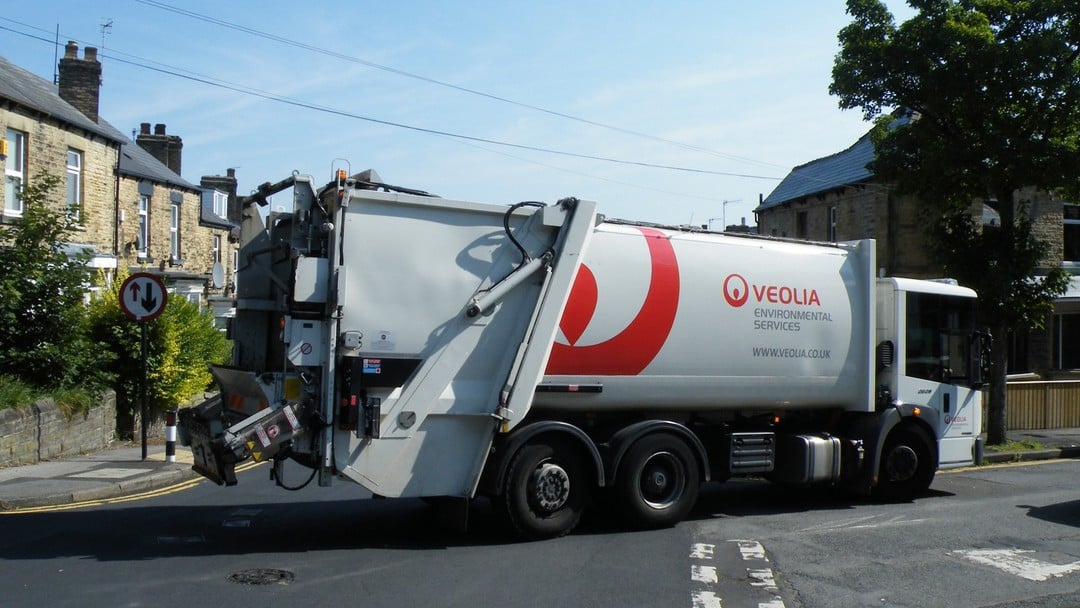High Court grants injunction against persons unknown in Sheffield waste collection dispute

High Court injunction protects Sheffield waste services from unknown protesters disrupting operations.
The High Court in Sheffield has granted an injunction to Sheffield Environmental Services Ltd and its associated companies, including Veolia ES Sheffield Ltd and Veolia ES (UK) Ltd, against persons unknown who interfered with waste collection operations. The ruling, delivered on 13 August 2025, addresses ongoing industrial action linked to union representation disputes involving UNITE.
Background and disruption
The case arose from industrial actions initiated by activists connected to UNITE against Veolia, which manages waste services for Sheffield City Council under contract. Protest tactics included blocking access to refuse collection vehicles (RCVs) at strategic locations throughout Sheffield, causing significant operational disruption.
Evidence presented to the court demonstrated that protesters had continuously disrupted operations for several weeks, affecting household waste collection and creating potential health and safety risks. During various protests, more than 1,700 bins remained uncollected in a single week, illustrating the substantial impact on service delivery.
Court proceedings and evidence
Mrs Justice Stacey DBE presided over the hearing, examining witness statements and CCTV footage that showed protesters engaging in direct action by walking slowly in circles to obstruct RCVs. The claimant's legal team argued that such tactics were unlawful and compromised essential waste collection services integral to local authority functioning.
The court identified ongoing tensions between UNITE and the GMB union as a complicating factor in the industrial action landscape. GMB, which maintains existing agreements with Veolia, has sought to counterbalance UNITE's recognition efforts, creating challenges for collective bargaining rights amongst waste service employees.
Legal reasoning and safeguards
In her judgement, Mrs Justice Stacey recognised the necessity of balancing protest rights with civil rights protections for service providers. The injunction prohibits the unidentified defendants from continuing obstructive actions for a specified duration, whilst preserving the protesters' ability to submit applications to vary or discharge the order.
The court emphasised that procedural safeguards ensure adequate consideration of protesting individuals' rights whilst maintaining essential service operations. This approach demonstrates judicial commitment to proportionate relief that protects both legitimate protest activity and public service delivery.
Implications and precedent
The ruling represents a significant development in the intersection between industrial action rights and public service operational requirements. The court's recognition of essential services' protected status affirms organisations' entitlement to seek legal remedies against unlawful disruptions, ensuring citizens can rely on efficient waste management services.
As economic negotiations continue between unions, the court's directive establishes important precedent regarding the balance between collective action and service continuity. The decision underscores that whilst protest rights remain protected, actions that materially impair essential public services may attract judicial intervention.
Following the injunction, Veolia is expected to restore full waste management operations without protest-related hindrances. The ruling marks a critical juncture in ongoing labour relations tensions, requiring both claimants and protesters to reassess their strategies.
The Sheffield Environmental Services victory highlights the courts' willingness to protect operational integrity in public service sectors whilst navigating complex labour relations and community rights considerations. The injunction's implementation will likely influence future approaches to industrial disputes affecting essential services.
